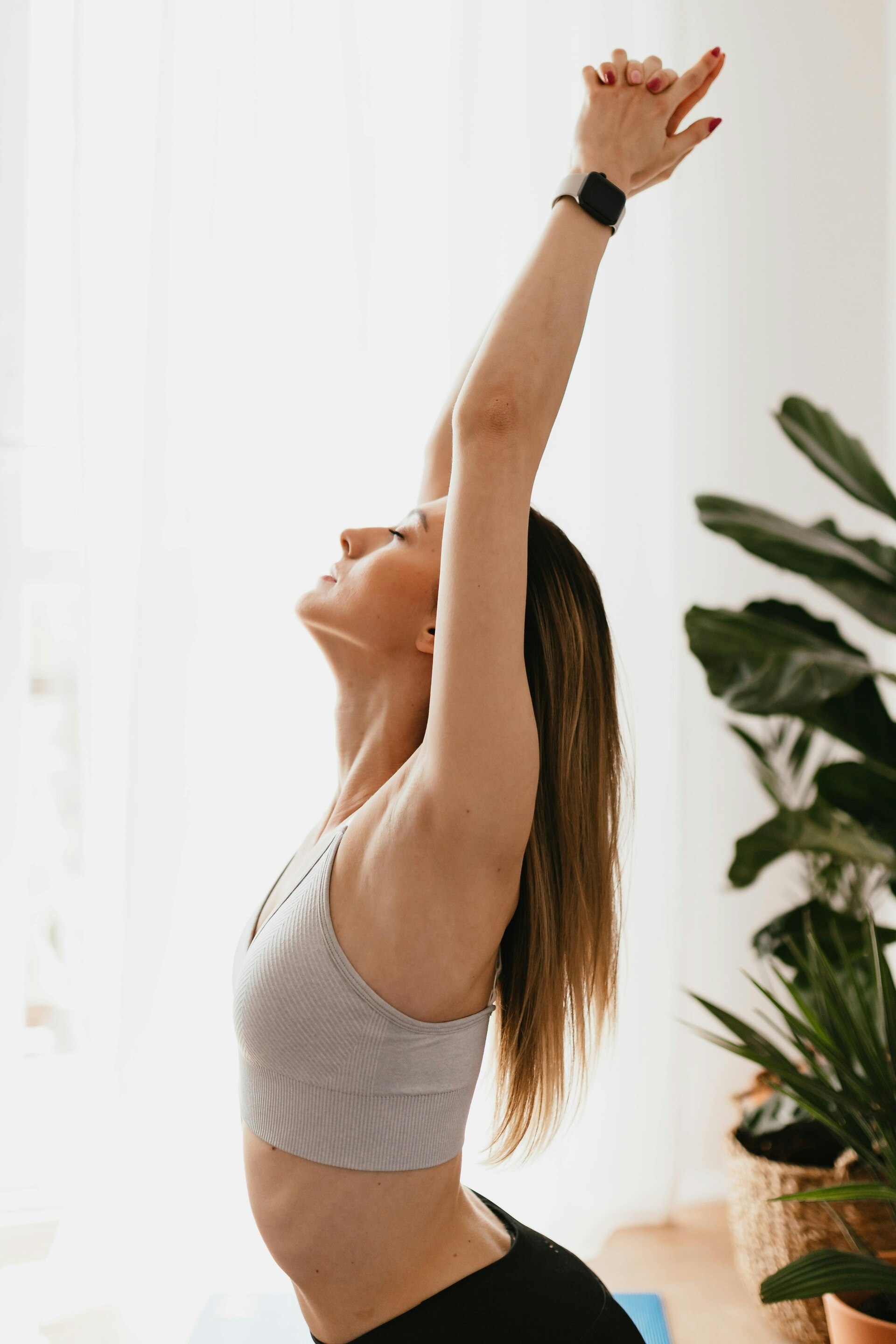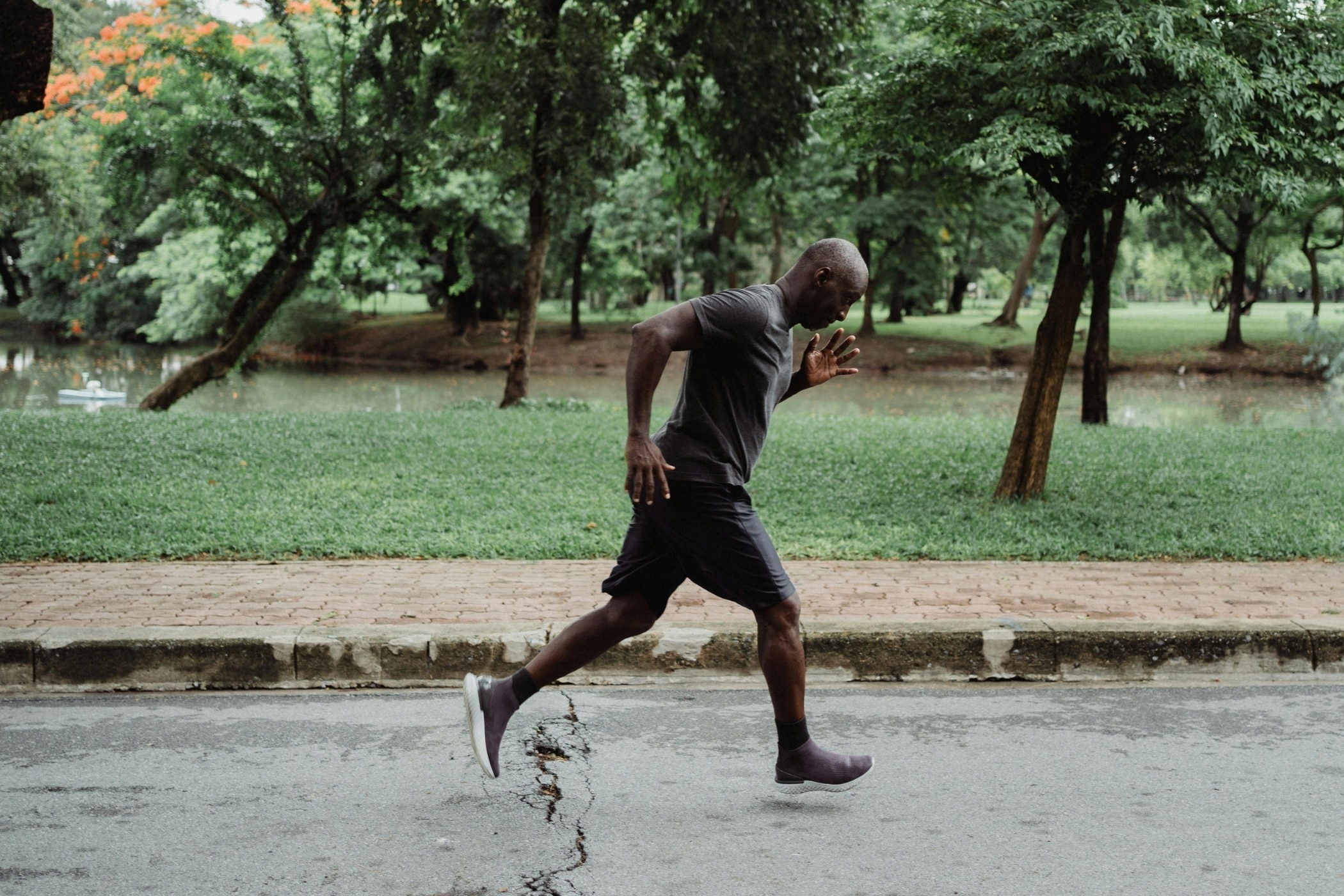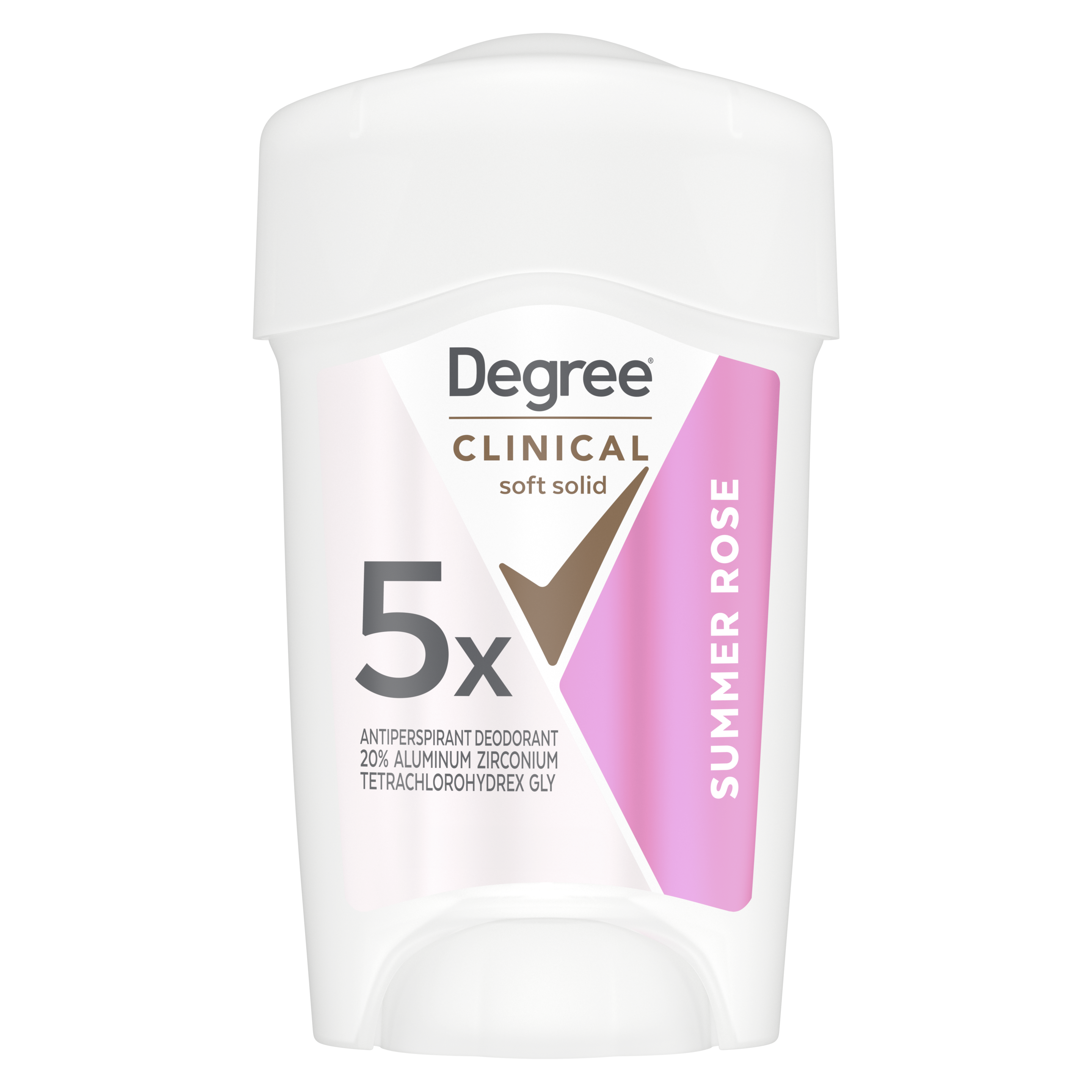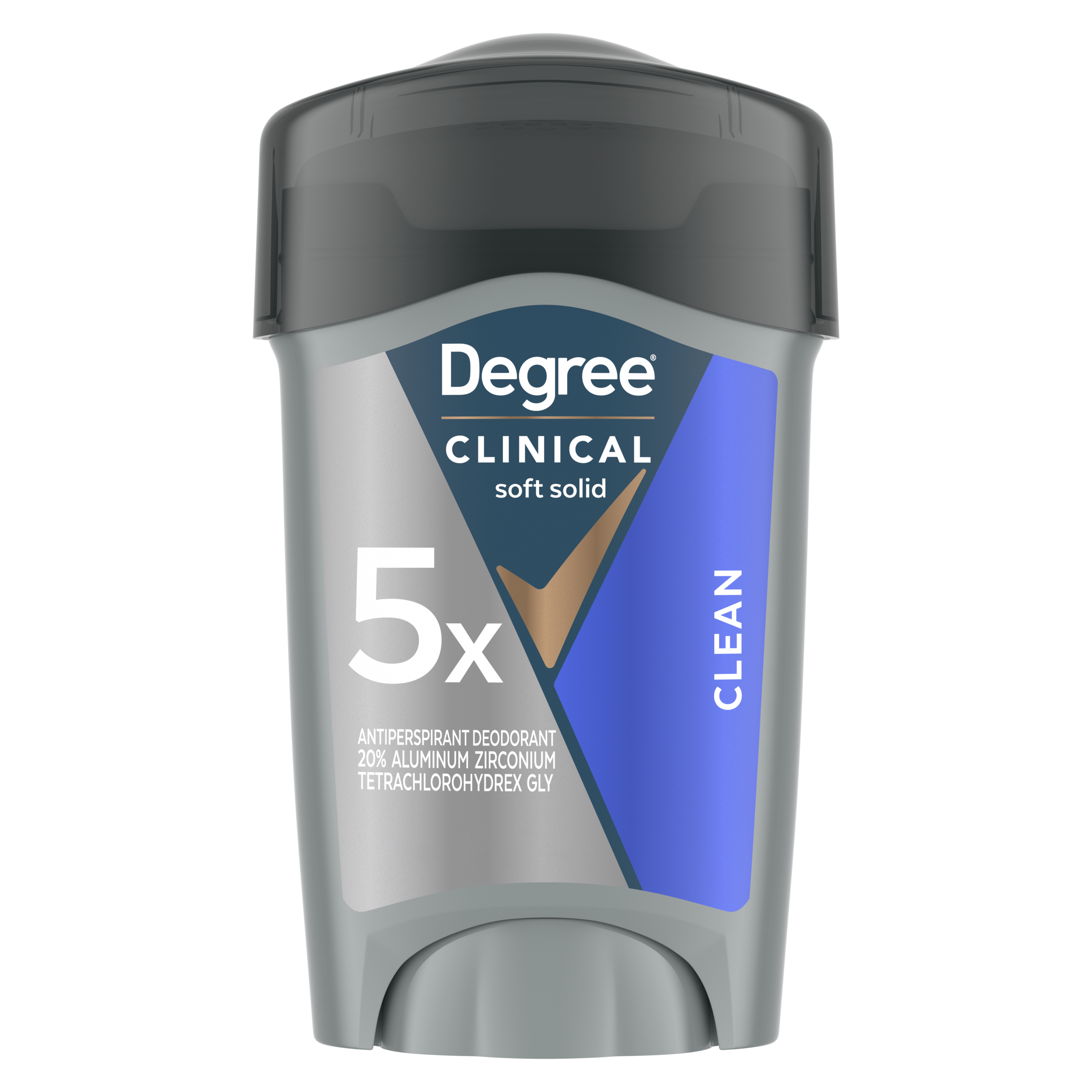
Yes—using antiperspirant every day is totally safe for most people. It works best when applied daily to help block sweat and control odor, keeping you dry and fresh through workouts, meetings, and everything in between.¹
There’s no solid evidence that antiperspirant causes any long-term harm. Some people worry about aluminum, but research hasn’t found any major risks.¹ If you’re concerned, there are aluminum-free options available. Degree Whole Body Deodorant is a great alternative, offering freshness from head to toe without aluminum.




